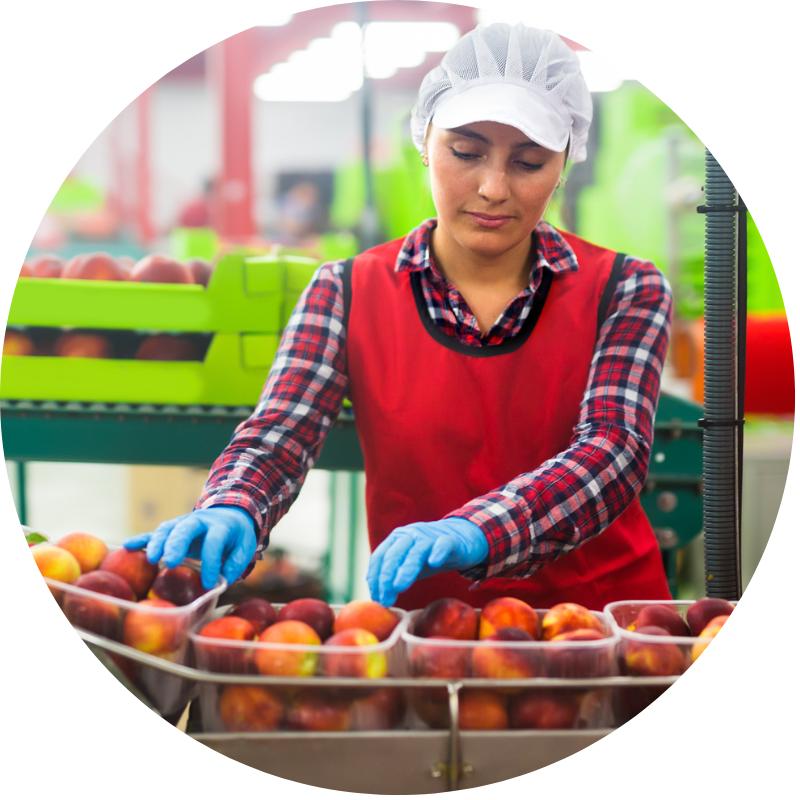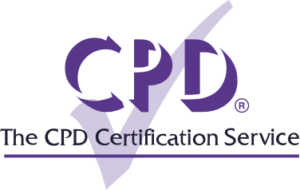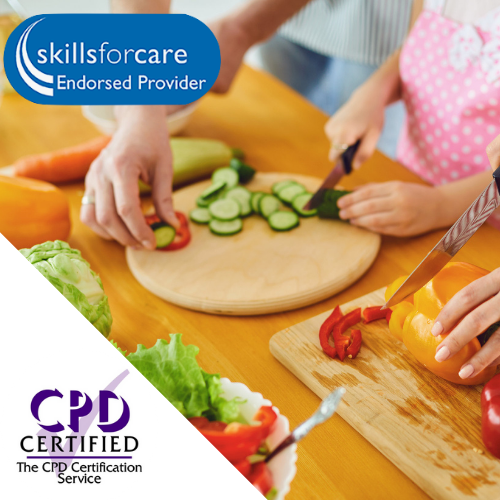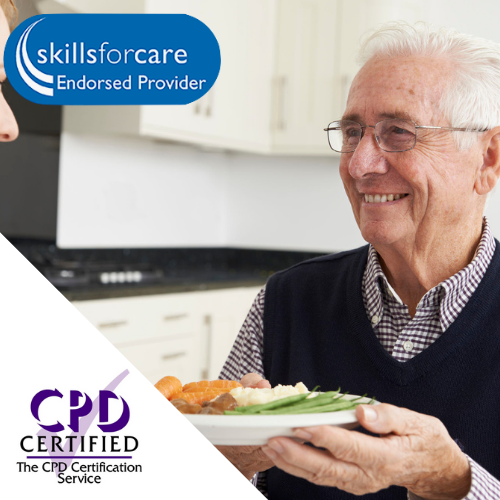In this Food Manufacturers CPD Guide
Why do Food Manufacturers need CPD?

A food manufacturer refers to a company that produces, processes and packages food products for sale in the market. They can range from small artisanal producers to large multinational corporations. A food manufacturer is responsible for ensuring the safety and quality of their products, complying with food safety regulations, accurately labelling their products, and providing consumers with transparent information about their products. They should also minimise the environmental impact of their operations and ensure ethical treatment of their employees and suppliers.
Working as a food manufacturer, you might complete tasks such as:
Distributing finished products to retailers or customers.
Sourcing and purchasing ingredients.
Managing inventory.
Processing and packaging food products.
Performing quality control checks.
What our customers have to say
Dan King
Mobilisation, Training & Performance Manager

Sophie Aiken
HR Manager

Harriet Lee
Retail Recruitment Manager

What CPD courses do Food Manufacturers need?
The most important part of being a food manufacturer is ensuring that the food you produce is safe for human consumption. With this in mind, many of the courses required by food manufacturers surround the health and safety of food products for consumers. We have listed some of our popular courses for food manufacturers below.
Warehouse Safety – many food manufacturers work in a warehouse setting for large-scale food production. This course teaches the process of reporting and recording accidents as well as being introduced to the meaning of risk assessment and what the law requires to be able to complete one. You will also consider the laws surrounding manual and mechanical handling in a warehouse environment to keep yourself and others safe.
Allergen Awareness – this course is designed to give the necessary knowledge of allergies and intolerances for food handlers. This knowledge is used to reduce contamination and keep customers safe from any allergens that they are allergic to.
Anaphylaxis Awareness – this course will consider the 14 most common sources of food allergies and some high-risk locations that people with some food allergies should avoid in order to remain safe. It examines the importance of food labelling and what the legal requirements are for companies to do this.
Complaints Handling – as a food manufacturer, there may be occasions when you receive complaints from your customers (whether they be large or small). This course will ensure that you gain new knowledge on handling complaints in the correct way which will have a positive impact on your workplace and reduce the risk of lost custom. This course will give you a greater insight into how you can handle complaints and how to reduce the number you receive.
Food Labelling Regulations Training – as a food manufacturer, it is your responsibility to accurately label food in line with legislation. This course will provide information on the legal requirements for labelling under the Food Information Regulations 2014 and the FIC Regulation (food information to consumers). It will also include what food businesses cannot print on food packaging and labels, such as nutritional and health claims. The course will also cover the importance of allergen labelling, nutrition information, traceability, and the impact of Brexit on food labelling rules.
Food Safety and Hygiene for Manufacturing Level 2 – this course is designed for people working in any stage of food manufacturing. With best practices for food safety covered, students will learn how to cook, store and preserve food as well as a number of manufacturing processes that are key for the role.
Hazard Analysis and Critical Control Point (HACCP) – HACCP is a vital part of a food safety management system (FSMS) and all food businesses must have a management system in place by law. A management system includes policies, procedures, plans and work instructions. These must be specific to the business and based on the principles of HACCP. This course will show you how to implement and regulate an effective food safety management system.
Improving Your Food Hygiene Rating – this course will help you to understand more about the food hygiene rating scheme, and what is required to obtain a higher rating. You will also learn what environmental health officers (EHOs) will look for during an inspection.
Nutrition and Healthy Eating – this course will cover what carbohydrates, fats and proteins are and why they are important when manufacturing food. You will look at the essential vitamins and minerals required by our body to function well and how these relate to your food products. Nutritional requirements and preferences of different groups of people will be covered as well as different allergies and intolerances.
Personal Protective Equipment – Personal Protective Equipment (PPE) is an important area for workers to have knowledge on. This course will look at the definition of PPE, the different types of clothing and the regulations surrounding PPE. You will also learn when PPE should be used in your work setting, and why it should be used.
Reporting of Injuries, Diseases and Dangerous Occurrences (RIDDOR) Awareness – RIDDOR is an important area for workers to have knowledge of in any work setting. This course will look at what RIDDOR is and the history around it. It will also look at what injuries need to be reported under RIDDOR and how to report an incident as well as the law around RIDDOR.
Download our CPD trackerA guide to CPD for Food Manufacturers
There are no specific training requirements to become a food manufacturer. However, it is recommended to have a good understanding of food safety regulations and standards, as well as knowledge of good manufacturing practices. You may consider taking courses or obtaining certifications related to food safety and manufacturing to enhance your skills and knowledge. CPD Online College have a wide range of courses suitable for a food manufacturer.
Continual Professional Development (CPD) is important for food manufacturers because it helps ensure that they have the necessary knowledge and skills to produce safe and high-quality food products. CPD training can also help food manufacturers stay up to date with the latest regulations and industry standards, which is crucial for compliance, health and safety, and maintaining consumer trust.
CPD certificates
Each of the courses that we provide will result in you obtaining a CPD certificate. To access your certificate you need to complete all of the course content and successfully pass the end-of-course quiz (which is included at the end of all of our courses). Upon completing this, your CPD certificate will be available for you to download immediately. We advise our students to save this to their computer so that it is kept in a safe place. There is also the option to have CPD Online College post a hard copy of your CPD certificate to your address.
Logging CPD hours
Logging CPD hours is good practice because it enables you to summarise how many hours per year you spend on CPD training. This can be very helpful as some employers will ask staff to complete a set number of hours of CPD training. By logging your CPD training hours as you go along, you can easily report this. It is easy to log your CPD hours. You can simply time yourself when you are completing your CPD course, or any other training activity, and add the time to your log.
Keeping evidence
Similar to your logged CPD hours, you should keep any evidence of the CPD training activity you have undertaken. For your CPD course, this would be your CPD certificate. But there are other types of CPD training you can use as well.
We have listed some other CPD training activities below:
- Listening to a podcast and saving this to use as your evidence.
- Attending a workshop or conference and keeping any worksheets or attendance sheets.
- Job shadowing higher level colleagues and asking them for a written confirmation of the activity.
- Working with a mentor and asking them for written confirmation of the activity.
- Conducting your own research and listing the books or websites you have accessed and the titles of articles read.
Renewing CPD certificates
As with many industries, legislation and regulations change in line with health, safety and best practice updates. Due to this your CPD certificates must be renewed every two years to ensure that you are working with the correct knowledge. It is easy to renew your CPD certificate with CPD Online College by completing a refresher of your CPD course to gain the more up-to-date knowledge.
























